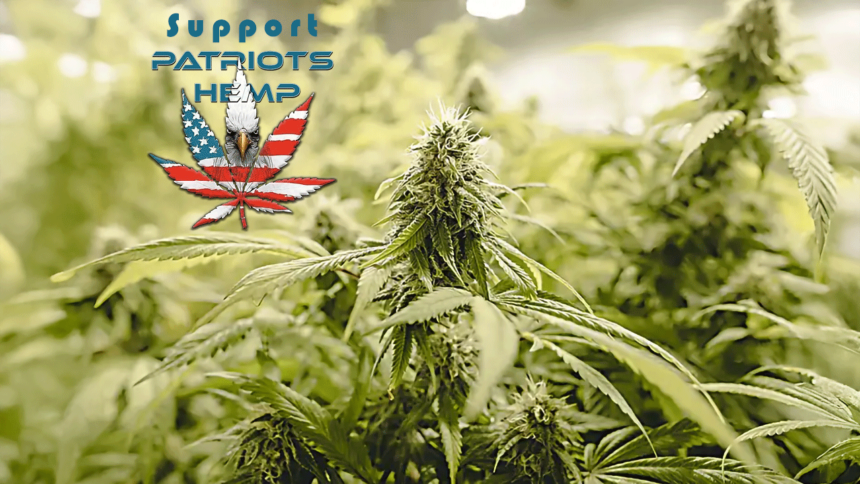“Because petty misdemeanors in Minnesota are not deemed criminal offenses, there is no right to counsel, which means no public defender.”
By Maren Schroeder, High Level Strategies via Minnesota Reformer
On May 30, 2023, Gov. Tim Walz (D) signed cannabis legalization into law.
More recently, the Minnesota Supreme Court ruled that the smell of burnt cannabis on its own is no longer probable cause for vehicle searches. This, combined with the legalization of cannabis, puts new rules into play for Minnesota consumers.
However, it is not a free-for-all out there. With criminal penalties still in place, Minnesota needs to consider how to ensure people accused of petty misdemeanors—which will likely become the most common penalty in the newly legal marijuana regulatory regime—will have access to legal representation.
As of August 2023, it is legal for Minnesotans to possess or transport up to two ounces of cannabis flower, eight grams of adult-use cannabis concentrate and edible cannabis products or lower-potency hemp edibles infused with a combined total of 800 milligrams of tetrahydrocannabinol (THC). Minnesotans are also permitted to grow up to eight cannabis plants, with four mature, per household. Minor violations of these limits can result in a petty misdemeanor, but penalties increase up to felony levels for gross violations.
These legislative changes are good news. The Minnesota Supreme Court in September also helped protect individual liberties in the State v. Torgerson ruling. Adam Lloyd Torgerson was stopped on July 5, 2021 for having too many auxiliary lights on his vehicle. During the stop, the officer stated that he “smelled marijuana,” proceeded to search the vehicle on the basis of probable cause and found drugs in the vehicle. Torgerson was then charged with a controlled substance crime.
The district court later ruled that the odor of marijuana does not permit vehicle searches on its own. The Minnesota Court of Appeals and the Supreme Court affirmed that smell alone is not probable cause; the smell must be coupled with other evidence of a crime.
While all of this is great news for Minnesotans, folks still need to be aware of collateral consequences even for petty misdemeanor convictions. Under federal law, cannabis offenses from the state level may be considered “crimes of violence.” This means that a conviction may have immigration, education, housing, health care and other consequences outside of Minnesota’s criminal justice system. Simply stated: A petty misdemeanor isn’t always just a fine.
Layers of state law, federal law and judicial precedent set the specific conditions surrounding the collateral consequences of petty misdemeanors, and all but require the guidance and advice of counsel to navigate the complexities of the various laws.
Because petty misdemeanors in Minnesota are not deemed criminal offenses, however, there is no right to counsel, which means no public defender. Most folks who receive a petty misdemeanor violation simply pay their fine, accepting the consequence of breaking the law. But they should consult a lawyer if they can, and consider long term consequences of that petty misdemeanor conviction.
As for legal help, in late 2020, the Minnesota Supreme Court authorized the Legal Paraprofessional Pilot Project, which authorizes eligible and rostered paraprofessionals to provide legal advice and appear in court for certain family law and landlord-tenant matters, under the supervision of a Minnesota licensed attorney. The pilot project is set to end in March 2024, and the standing committee that oversees the project is currently working toward its final report and recommendations to the Supreme Court for possible permanent adoption.
One area identified for possible inclusion is petty misdemeanor cases. These fit the court’s objective of increasing access to legal representation in case types where one or both parties typically appear without legal representation. Petty misdemeanor cases were not initially identified as a problem area, but as Minnesotans continue to engage in broad discussions on the inequities in the justice system, these types of offenses fit well within the objective set forth by the court for the pilot project.
We can expect to see the use of petty misdemeanor “civil infractions” to address minor violations of Minnesota’s new cannabis laws, which means access to legal advice and representation is imperative.
A move to include petty misdemeanors in the scope of legal paraprofessional practice is a further step toward providing access to justice and mitigating the harms of our criminal laws.



















